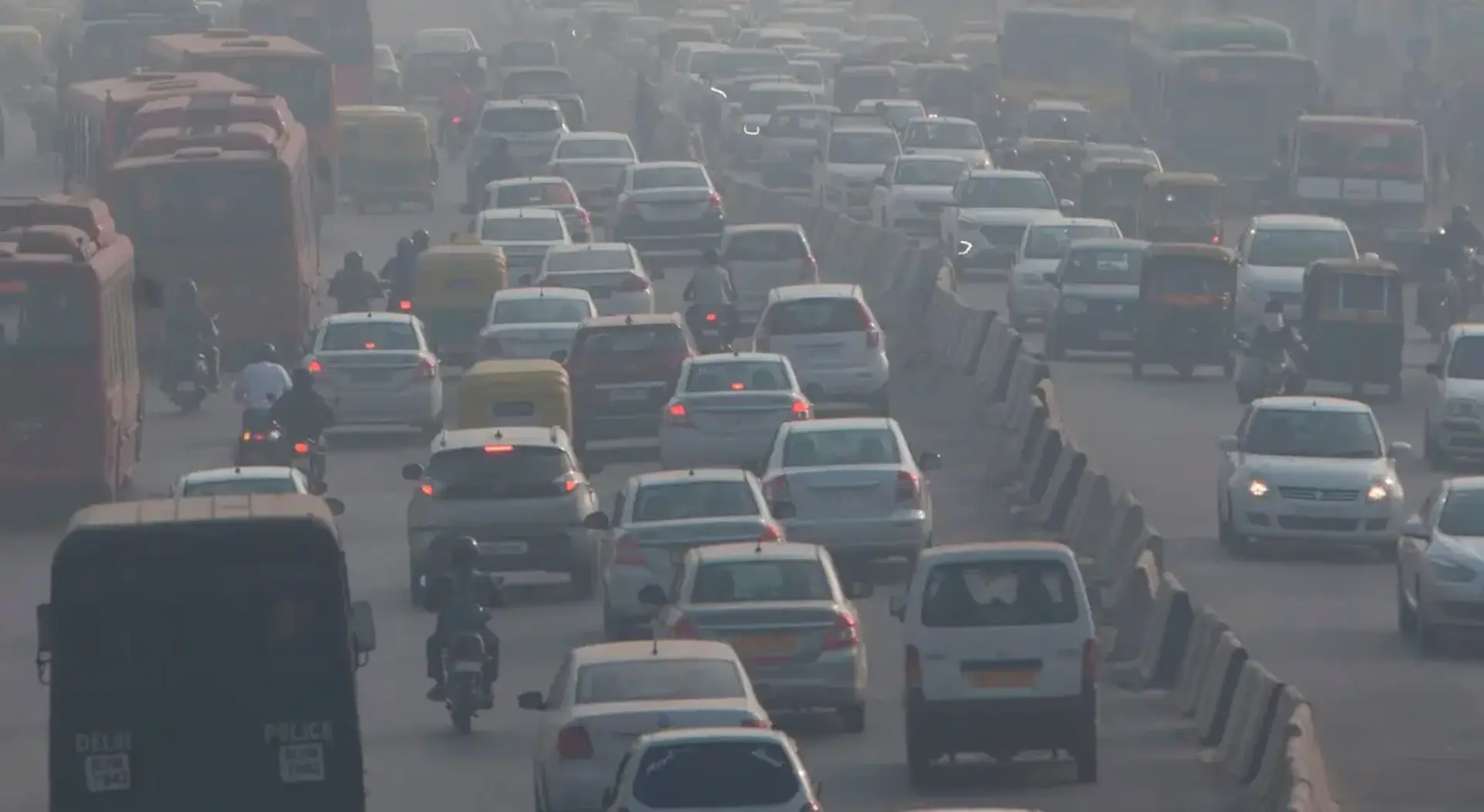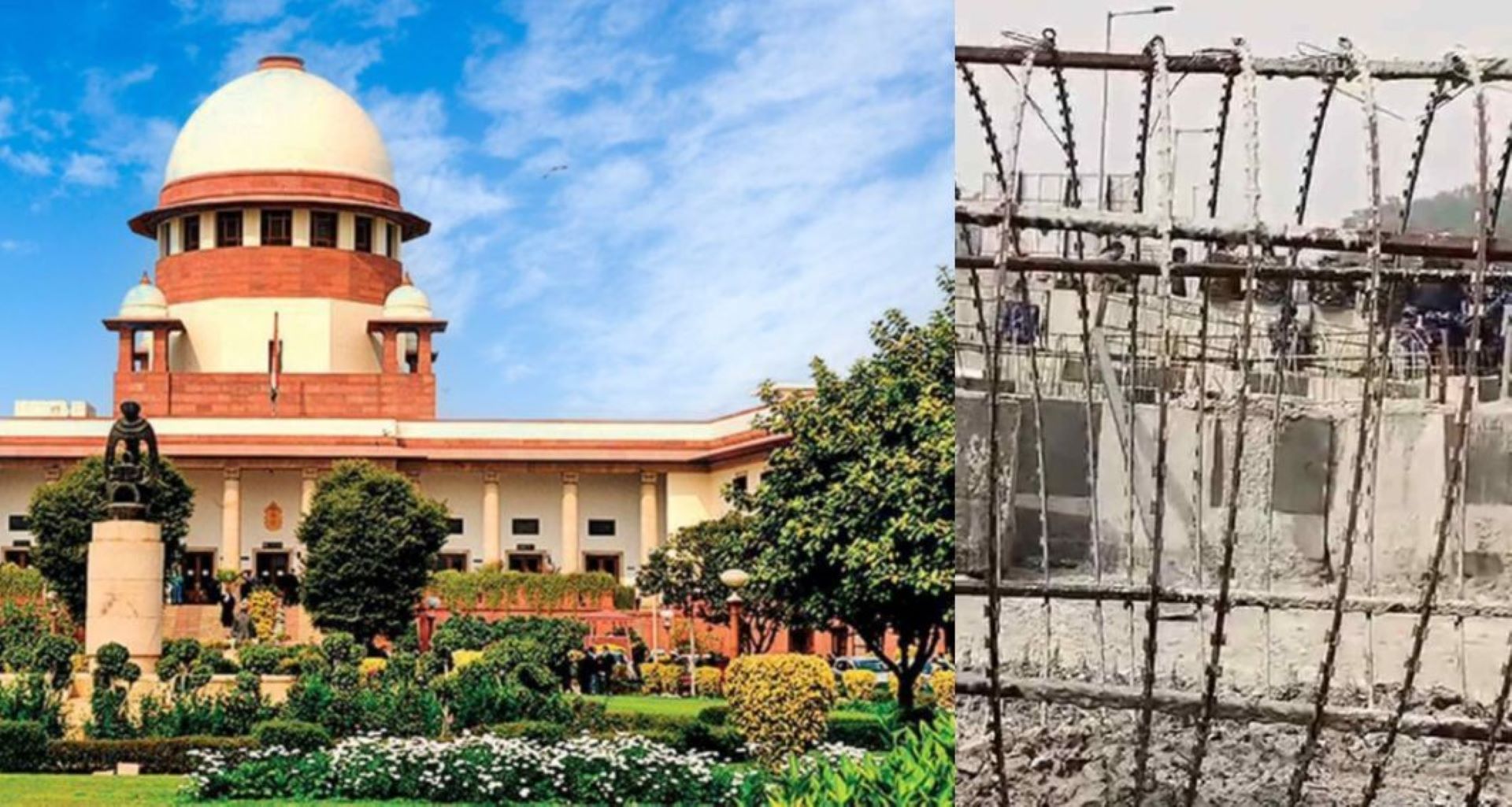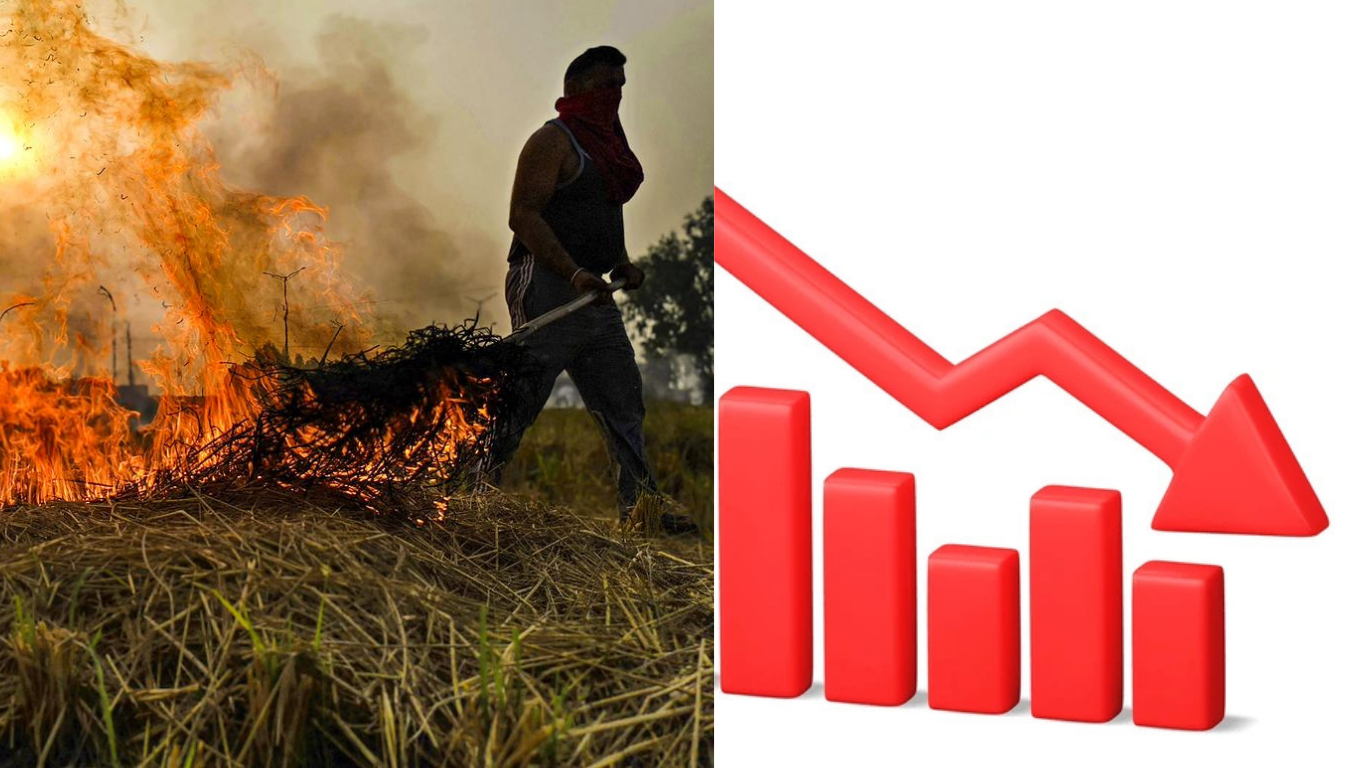
Haryana Government Initiates Dialogue with Farmers
In a proactive move, the Haryana government has initiated talks with farmer organizations from the state in Chandigarh. The meeting, led by Principal Secretary Rajesh Khullar, aims to address various farmer concerns and potentially preempt large-scale protests. Notably, the talks exclude farmer representatives from neighboring Punjab, focusing solely on Haryana-based organizations under the SKM (Samyukt Kisan Morcha) banner.
Key Issues on the Table
The discussions are reportedly covering several crucial topics. Farmer representatives are pushing for the implementation of a Minimum Support Price (MSP) law and the reopening of the Shambhu and Khanauri border crossings. These demands have been longstanding issues in the agricultural community, particularly in the wake of previous farmer protests. However, the exact nature of the talks remains somewhat unclear. Farmer leader Sarwan Singh Pandher has disputed claims that the meeting is specifically about opening the borders, stating he cannot confirm such reports.
Tensions Rise as Punjab Farmers Prepare for Delhi March
While Haryana officials engage with local farmer groups, the situation at the Punjab-Haryana border remains tense. Farmer organizations from Punjab have been camped at the Shambhu and Khanauri borders, preparing for a potential march to Delhi. This planned protest action has put additional pressure on both state and central governments to address farmer grievances. The timing of these talks is significant, coming just before an expected Supreme Court ruling on the opening of the Shambhu border. The Punjab and Haryana High Court had previously ordered the border to be opened, prompting the Haryana government to appeal to the Supreme Court.
Political Implications and Upcoming Elections
With assembly elections on the horizon in Haryana, the state government appears keen to resolve farmer issues and avoid widespread protests. The potential for Haryana-based farmer organizations to join the protest movement could pose significant challenges for the ruling party in the upcoming electoral contest. As negotiations continue, all eyes are on the outcome of today's meeting and tomorrow's Supreme Court decision. The resolutions reached - or lack thereof - could significantly impact the agricultural landscape and political climate in the region in the coming months.















